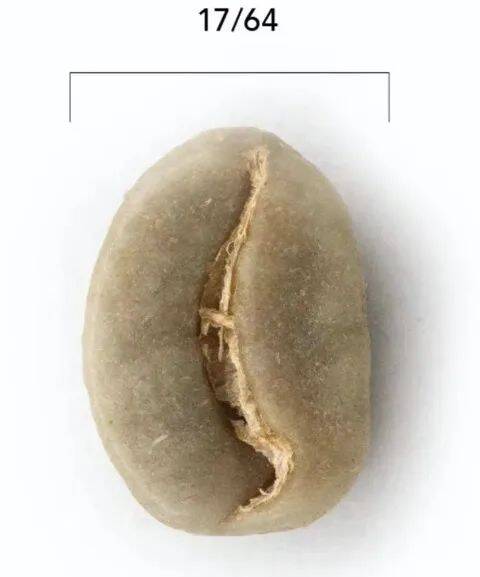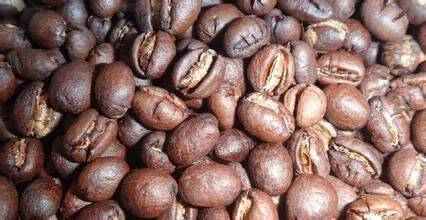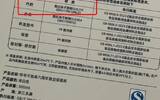What are the "AA" and "AB" in Tanzanian coffee? How to grade Tanzanian coffee?
In Africa, there are many coffee producing countries, but Ethiopia and Kenya are relatively better known in the global market, but Tanzania has gradually come to the fore in recent years. Thanks to Tanzania's rich natural resources, it has been able to produce high-quality coffee, making it one of the three giants of African coffee.
However, when buying Tanzanian coffee beans, most coffee beans will appear such words as "AA" and "AB". What do these "AA" and "AB" mean? In fact, both Arabica and Robusta varieties of coffee are grown in Tanzania, and "AA" refers to the grading of Tanzanian Arabica coffee beans. Although this classification is the same as the Kenyan coffee bean classification, both use the imperial classification method, but there are some differences between the two.
According to the official classification of Tanzania, this method assumes that the larger the size, the better the quality of coffee, which is divided into AAA, AA, A, B, PB, C, E, F, AF, TT and other grades according to the size of coffee particles.

The number of raw beans of AAA grade coffee is more than 19 mesh, but the output of this kind of coffee beans is very small and relatively rare.
The number of raw beans of AA grade coffee is 17-18 mesh, 18 mesh raw beans account for more than 90%, 17 mesh raw beans account for more than 8%, and all raw beans must be 15 mesh or more.
The number of raw beans of AF grade coffee is 14-17 mesh, 17 mesh raw beans account for more than 90%, 15-16 mesh raw beans account for more than 8%, and all raw beans must be 14 mesh or more.
The number of raw beans of A-grade coffee is 14-15 mesh, 15-mesh raw beans account for more than 98%, and all raw beans are 14 or more.
The number of raw beans of B-grade coffee is 14-15 mesh, 15-mesh raw beans account for more than 90%, and all raw beans are 14 or more.
PB refers to round raw beans. There is only one round bean in the coffee fruit, instead of the common two flat beans. 14-mesh raw beans account for more than 95%, and floating beans are allowed but not more than 5%.
The number of raw beans of grade C coffee is mainly 14 orders, and 14 orders of raw beans account for more than 90%.
The full name of E-grade coffee raw bean is Elephant, also known as elephant bean, which is similar to round bean and is a special coffee bean with abnormal development. This kind of bean is twisted by two coffee beans during development to look like a very large coffee bean. More than 90% of raw coffee beans are 18 mesh, and the remaining 10% need to be between 15 and 18 mesh.

The number of raw beans of TT grade coffee is 14-16 mesh, and at least 90% of the raw beans of 15-16 mesh coffee account for 10% at most.
F refers to the residual beans screened from other grades of raw beans.
At present, the most common ones in China are "AA" and "AB", but in fact, there is no "AB" level in Tanzania. Because the provisions of the two levels are very similar, this level is actually a mixed product of Class An and Class B, and the specific number of items is required to be no less than Grade B.
In addition, the Tanzania Coffee Authority (Coffee Board) originally designed a grading system, which is divided into 17 grades, taking into account the number of Arabica coffee beans, defects, cup test quality, etc., for example, the coffee standard in the range of 4-6 is "FAQ". However, due to a variety of reasons for the lack of practical application, and not rigorous, so most of the Tanzanian coffee beans that can be seen on the market are still graded in a conventional size.
For more information about coffee producing areas, please scan the code directly and follow: coffee comments.
Long press the QR code to follow:
Important Notice :
前街咖啡 FrontStreet Coffee has moved to new addredd:
FrontStreet Coffee Address: 315,Donghua East Road,GuangZhou
Tel:020 38364473
- Prev

The thermos cup is rusty! Grandpa doesn't make tea: recall all
▲ Click to pay attention| Daily Boutique Coffee Culture Magazine Coffee Workshop Recently, a consumer posted on social media that the stainless steel thermos they purchased for an event had a clear rust smell and rust on the inner liner after a few days of use. It is reported that this customer is a fan of the chain milk tea brand Grandpa Don't Make Tea.
- Next

Indonesia's new policy leads to thousands of workers 'demonstrations!
According to Indonesian media reports, on October 24, thousands of workers marched in Jakarta, the old capital of Indonesia, demanding that the new government raise the minimum wage and abolish the Job Creation Law, and threatened to launch demonstrations across the country. It is reported that Jakarta police have deployed 1270 joint personnel on bail for this event.
Related
- What grade does Jamaica Blue Mountain No. 1 coffee belong to and how to drink it better? What is the highest grade of Blue Mountain coffee for coffee aristocrats?
- What are the flavor characteristics of the world-famous coffee Blue Mountain No. 1 Golden Mantelin? What are the characteristics of deep-roasted bitter coffee?
- Can I make coffee a second time in an Italian hand-brewed mocha pot? Why can't coffee be brewed several times like tea leaves?
- Hand-brewed coffee flows with a knife and a tornado. How to brew it? What is the proportion of grinding water and water temperature divided into?
- What is the difference between Indonesian Sumatra Mantinin coffee and gold Mantinin? How to distinguish between real and fake golden Mantelin coffee?
- What does bypass mean in coffee? Why can hand-brewed coffee and water make it better?
- Unexpected! Ruixing Telunsu lattes use a smoothie machine to foam milk?!
- % Arabia's first store in Henan opens into the village?! Netizen: Thought it was P's
- Does an authentic standard mocha coffee recipe use chocolate sauce or powder? Mocha Latte/Dirty Coffee/Salty Mocha Coffee Recipe Share!
- What is the difference between Vietnam egg coffee and Norway egg coffee? Hand-brewed single product coffee filter paper filter cloth filter flat solution!

